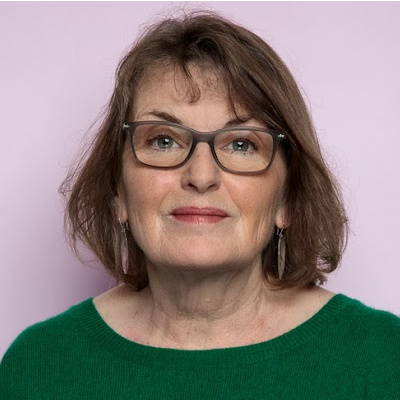 by Carol Boys, Chief Executive, Down’s Syndrome Association
by Carol Boys, Chief Executive, Down’s Syndrome Association
26 November 2021
The Down Syndrome Bill aims to place a new duty on the Secretary of State to issue guidance to local authorities on how to meet the specific needs of people who have Down’s syndrome and for relevant authorities to have due regard to the guidance in providing services.
Local authorities already have a legal duty to provide support according to assessed need but we know that this doesn’t always happen as it should. Existing legislation and guidance is too frequently ignored or not widely known.
If education, health and care improves for people who have Down’s syndrome as a result of new legislation, it could also benefit others with a learning disability and other disabled people.
Some professionals, particularly in health and education, do need to know more about Down’s syndrome. However, people who have Down’s syndrome are not the same as each other and their needs and abilities differ greatly.
There are some helpful approaches to teaching a learner who has Down’s syndrome though these would also benefit many other children. These are laid out in the Education Guidelines which were published in 2020.
In the health sector, there are some conditions that present differently in people who have Down’s syndrome and that need to be carefully monitored, particularly serious infections. I know this from very personal experience. It was only last year that my son, Alex, was struck down by a very serious life-threatening infection. The infection moved incredibly quickly through Alex’s body affecting many of his major organs resulting in two open heart surgery procedures and replacement heart valves to repair the destruction. Thankfully, Alex is now back to full health thanks to the swift action and amazing care that he received at Torbay Hospital ICU and University Hospitals Plymouth Torrington CICU.
We would expect the guidance to include health guidelines, for example, on surveillance and treatment of thyroid disorder. New cardiac guidance based on an international consensus document with contributors from 26 countries, including the Royal Brompton hospital, is expected soon.
People who have Down’s syndrome inform all areas of our work and regularly engage with Government on a range of issues. They tell us that they want to be included in their communities. This is happening for a lot of people – going to local schools, colleges and having jobs. That’s not the case for everyone though, and we hope that the Down Syndrome Bill will have an impact for those who find it hard to get what they want.
It is vital that we listen to people who have Down’s syndrome as the Bill moves through the next stages and guidance is developed. We need to make sure that the hard-won independence that a lot of people now enjoy isn’t in any way compromised. People who have Down’s syndrome and others who have a learning disability deserve the same chances as everyone else.
You can read the Down Syndrome Bill here.
Our statement on the publication of the Bill is here.
UPDATE – 3 February 2022 – We understand that the Government are starting to plan for the consultation on the guidance that would follow if the Bill is passed. We have been told by the Department of Health and Social Care (DHSC) that they will consult widely, and in an open and inclusive way in developing the guidance. The DSA will be involved in any consultation and we, in turn, will consult with all our members to feed into the process. We welcome the opportunity to shape the guidance with Government alongside other stakeholders.
